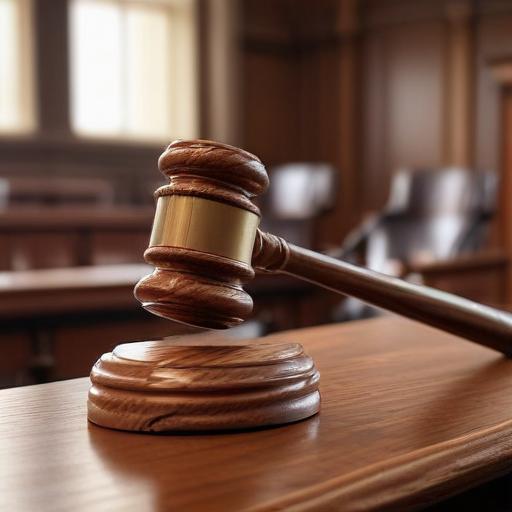The U.S. judiciary has run out of funds to pay court-appointed defense attorneys as of July 3, leading to payment delays that may persist until October 1, 2023. This unprecedented nearly three-month hiatus is attributed to fiscal year 2025 funding being sustained at 2024 levels, leaving the judiciary in need of over $100 million to ensure that indigent defendants receive the constitutionally mandated legal representation.
Judicial officials, including Amy St. Eve, a federal appellate judge and chair of the Judicial Conference’s budget committee, expressed concern that this delay could deter some lawyers from accepting new cases, potentially jeopardizing adequate representation for defendants. The judiciary has emphasized the importance of funding private attorneys and public defenders, who collectively represent more than 90% of criminal defendants, with public defenders covering about 60%.
With the new fiscal year promising fresh funds, the judiciary will prioritize repaying the overdue payments to defense attorneys. There are concerns, however, that if funding remains stagnant, a similar crisis could recur next year. In May, the judiciary requested a $1.8 billion budget for defender services, seeking an increase to accommodate the deferred payments and expand staff at federal defender organizations.
The financial strain on public defenders’ offices is significant, as many are currently facing understaffing and employee burnout, attributed to hiring freezes over the past two years alongside tight congressional budgets. Compensation for panel attorneys is also traditionally lower than market rates, which may limit participation from less experienced lawyers.
Despite the ongoing challenges, panel attorneys are encouraged to continue their work and submit invoices, with the understanding that they are committed to representing clients in need. “Most are really committed to the function of representing folks who can’t afford to retain counsel,” noted Gerald Ruter, a leader in Maryland’s CJA panel, reinforcing the resolve among defense attorneys to uphold their duties.
This situation highlights the critical need for sustained funding and support for public defense systems, which play a vital role in ensuring justice for all defendants, regardless of their financial circumstances. With potential emergency spending from Congress on the horizon, there remains hope for a resolution that stabilizes funding for defender services.
